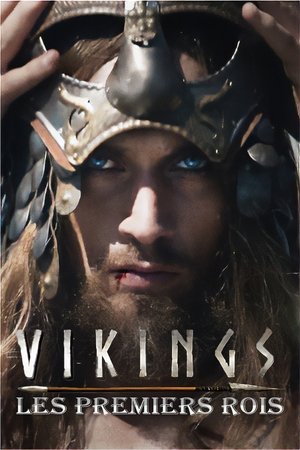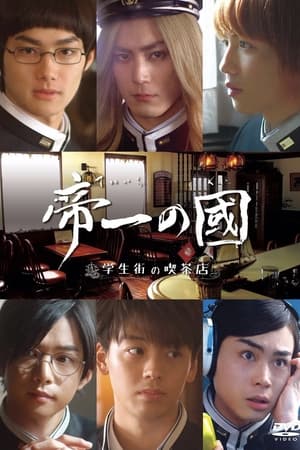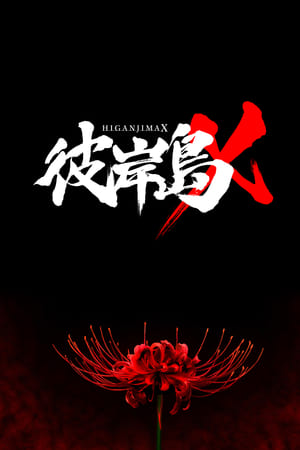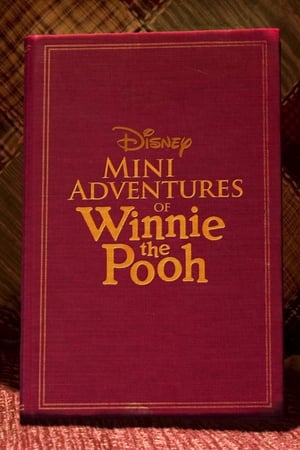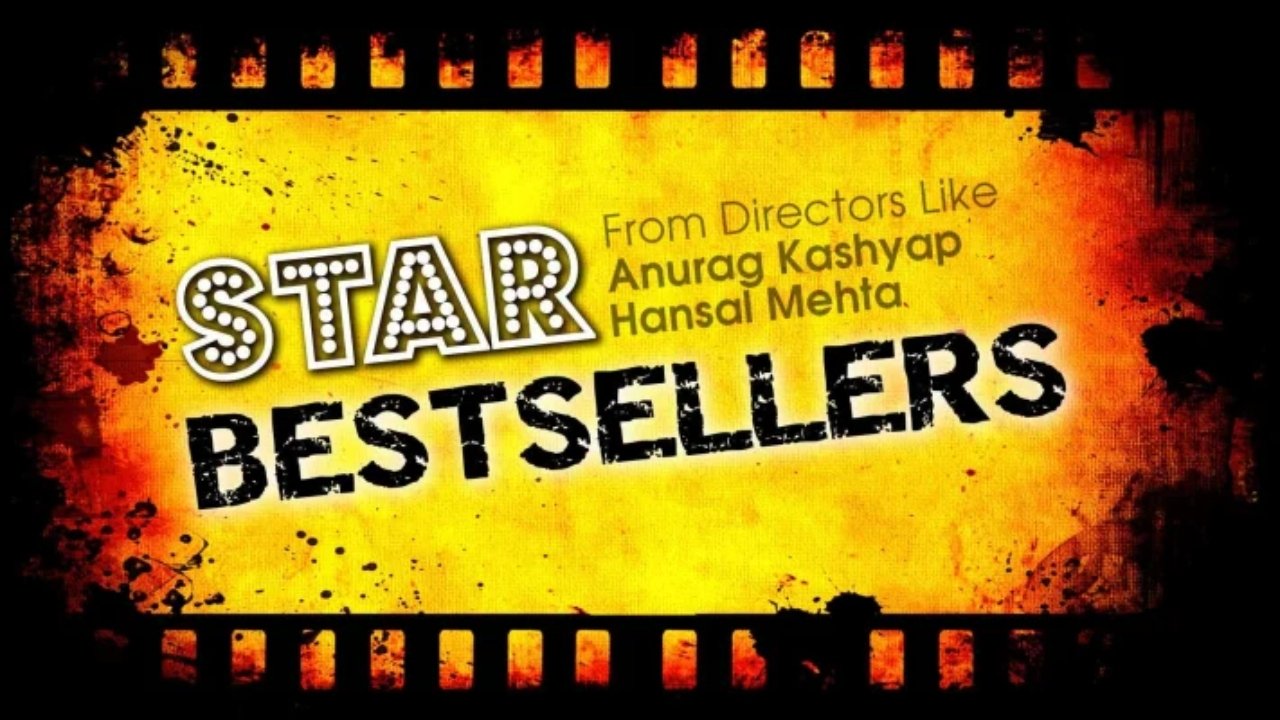
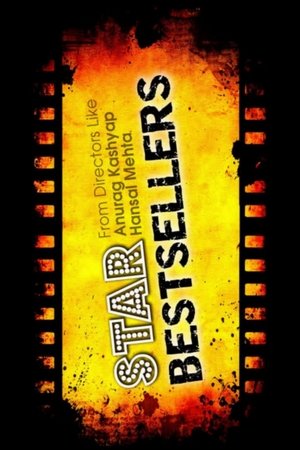
Star Bestsellers(1999)
Overview
Star Bestsellers is an Indian television series that was originally telecast on Star Plus in 1999–2000. Each episode in the series is a separate story written and directed by young and upcoming writer-directors and it carried the special intensity for a different feeling but all about proper human condition and indicating that each person has something great at heart. Writers and directors who worked in creating the episodes of the series include Anurag Kashyap, Tigmanshu Dhulia, Imtiaz Ali, Sriram Raghavan and Hansal Mehta.
Networks:

Production Companies:
Recommendations TVs
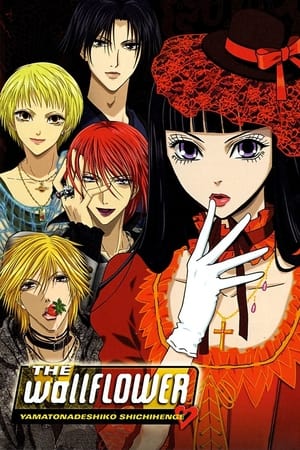
The Wallflower (ja)
It's a gorgeous, spacious mansion, and four handsome, fifteen-year-old friends are allowed to live in it for free! There's only one condition—that within three years the guys must transform the owner's wallflower niece into a lady befitting the palace in which they all live! How hard can it be? Enter Sunako Nakahara, the agoraphobic, horror-movie-loving, pockmark-faced, frizzy-haired, fashion-illiterate recluse who tends to break into explosive nosebleeds whenever she sees anyone attractive. This project is going to take more than our four heroes ever expected: it needs a miracle!
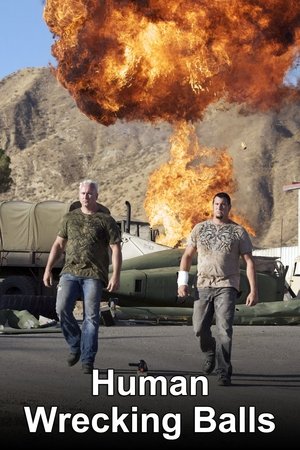
Human Wrecking Balls (en)
Human Wrecking Balls is an American television reality show that premiered on November 12, 2008 on G4 television network.
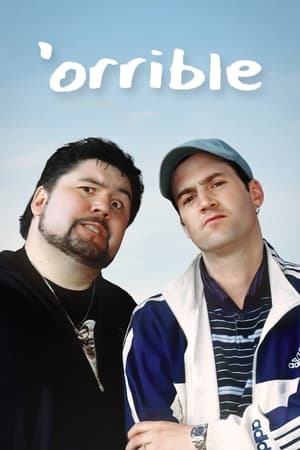
'Orrible (en)
'Orrible is a British television sitcom produced by the BBC. Broadcast in 2001, it was written by and starred Johnny Vaughan. Vaughan appears as a taxi-cab driver and wannabe small time criminal in Acton. Despite the BBC having high hopes and heavily promoting the series, it was panned by critics for the script and Vaughan's acting ability. It achieved very low viewing figures and ran for one series, and has never been repeated by the BBC. "Ultimately, it was shit" said Vaughan in a 2004 interview in The Stage.
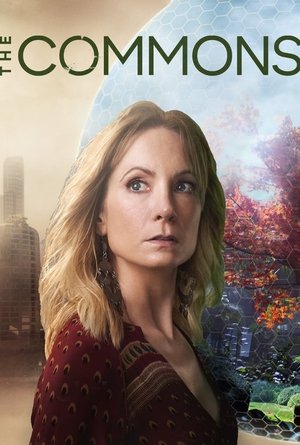
The Commons (en)
Set in a gripping vision of the near future, THE COMMONS is an absorbing character-driven relationship drama and a story about motherhood as the ultimate act of faith in humanity.
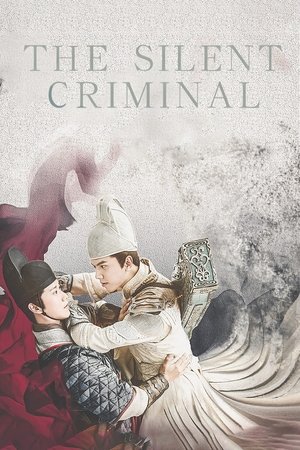
The Silent Criminal (zh)
For 19 years, Feng Bao's relentless pursuit of the Dayintuya leads to chaos. A staged death draws Constable Shi Jingyao into a dangerous murder case.
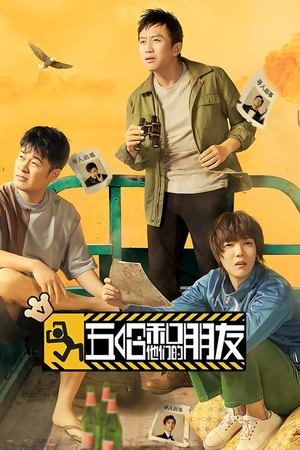
Dear Friends (zh)
The companion show for VIP members consists of extended scenes from "HAHAHAHAHA" in the form of work journals.
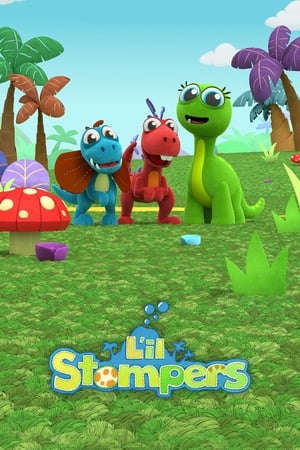
L'il Stompers (en)
A cuddly bunch of stuffed dinosaurs seek adventure and knowledge of the amazing world around them. Our adorable friends support one another as they take on hard topics and learn about life in the soft, cozy, crafted world of the Stomping Grounds.
Arthur Godfrey and His Friends (en)
Arthur Godfrey and His Friends is an American television variety show hosted by Arthur Godfrey. The hour-long series aired on CBS Television from January 1949 to June 1957, then again as a half-hour show from September 1958 to April 1959. Many of Godfrey's musical acts were culled from Arthur Godfrey's Talent Scouts, which was airing on CBS at the same time. Among the more popular of his singers were Frank Parker, Marion Marlowe, Janette Davis, Julius La Rosa, Haleloke, The McGuire Sisters, Carmel Quinn, Pat Boone, Miyoshi Umeki and The Chordettes. The show was live, and Godfrey often did away with the script and improvised. He refused to participate in commercials for products he did not believe in.
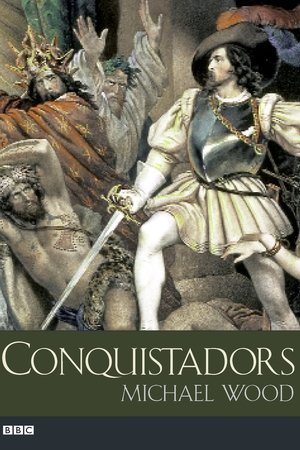
Conquistadors (en)
Conquistadors is a documentary retelling of the story of the Spanish expeditions of conquest of the Americas. In this 4-part series historian Michael Wood travels in the footsteps of the Spanish expeditions, from Amazonia to Lake Titicaca, and from the deserts of North Mexico to the heights of Macchu Picchu.
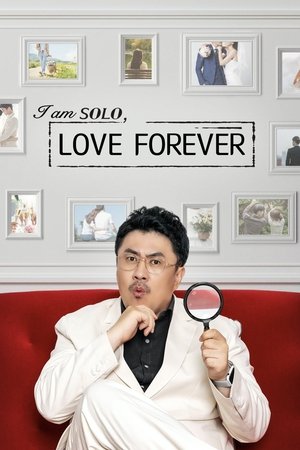
I am Solo, Love Forever (ko)
Who found a happily ever after and who's still happily searching? Cast members from "I'm SOLO" reveal what happened in their lives after the show aired.
To Tell the Truth (en)
Five-day-a-week syndicated revival of one of Goodson-Todman's most durable and longest-lived formats: A celebrity panel determines which of three contestants is the actual person associated with a given story.
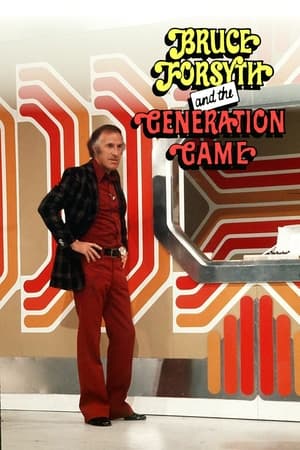
The Generation Game (en)
The Generation Game was a British game show produced by the BBC in which four teams of two competed to win prizes. The programme was first broadcast in 1971 under the title Bruce Forsyth and the Generation Game and ran until 1982, and again from 1990 until 2002. The show was based on the Dutch TV show Een van de acht, "One of the Eight", the format devised in 1969 by Theo Uittenbogaard for VARA Television. Mrs. Mies Bouwman - a popular Dutch talk show host and presenter of the show - came up with the idea of the conveyor belt. She had seen it on a German programme and wanted to incorporate it into the show. Another antecedent for the gameshow was 'Sunday Night at the London Palladium' on ATV, which had a game called Beat the Clock, taken from an American gameshow. It featured married couples playing silly games within a certain time to win prize money. This was hosted by Bruce Forsyth from 1958, and he took the idea with him when he went over to the BBC. During the 1970s, gameshows became more popular and started to replace expensive variety shows. Creating new studio shows was cheaper than hiring a theatre and paying for long rehearsals and a large orchestra, and could secure a similar number of viewers. With less money for their own productions, a gameshow seemed the obvious idea for ITV. As a result many variety performers were recruited for gameshows. The BBC, suffering poor ratings, decided to make its own gameshow. Bill Cotton, the BBC's Head of Light Entertainment, believed that Bruce Forsyth was best for the job. For years, The Generation Game was one of the strong shows in the BBC's Saturday night line-up, and became the number one gameshow on British television during the 1970s, regularly gaining over 21 million viewers. However, things were about to change. LWT, desperate to end the BBC's long-running ratings success on a Saturday night, offered Forsyth a chance to change channel to host The Big Night.
